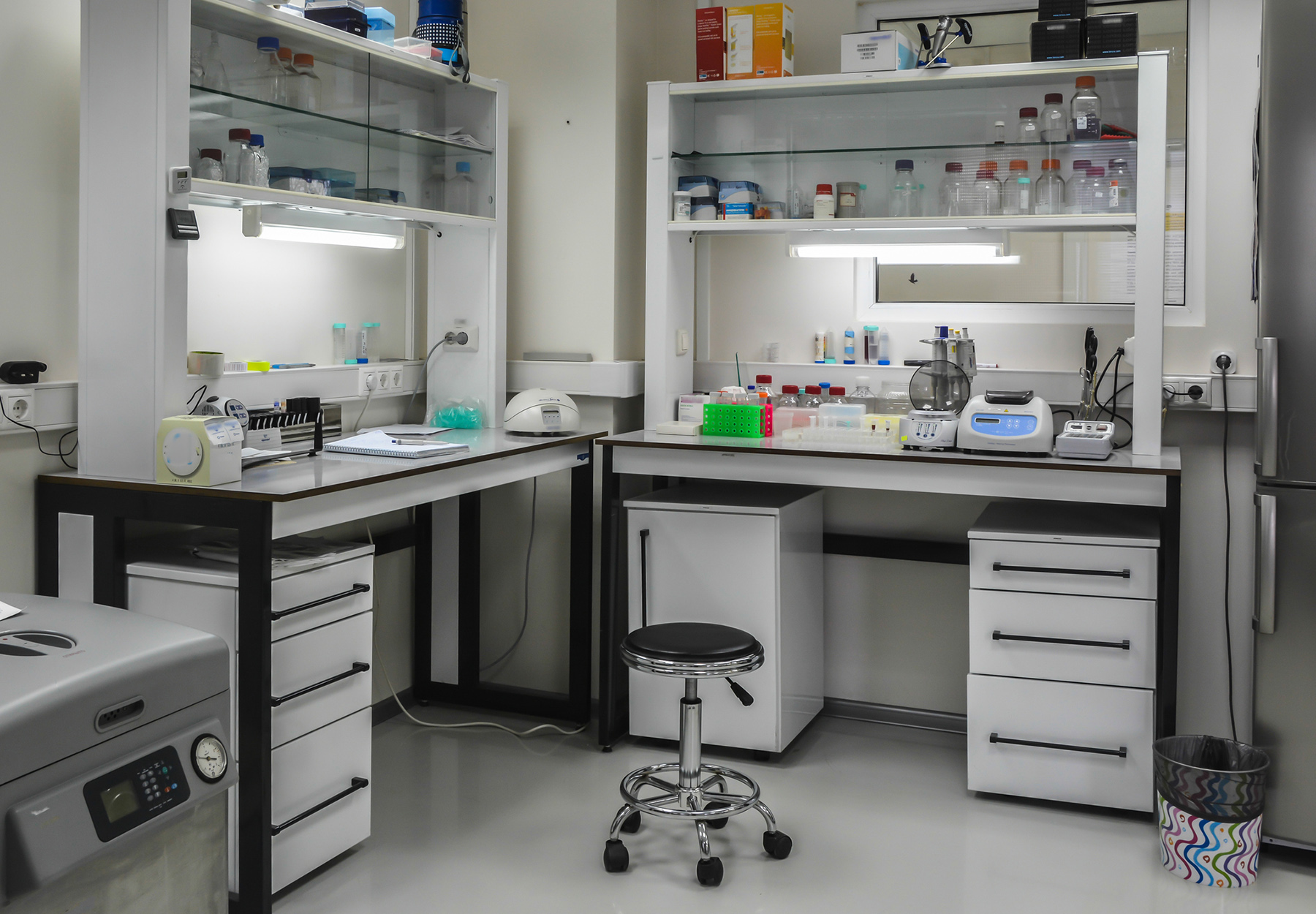Labs In Court: A roundup of recent cases and enforcement actions involving the diagnostics industry
In this month’s key cases, Myriad Genetics shells out, Illumina wins a decisive victory, a whistleblower suit is tossed, and false billing of UDTs costs a lab at least $11.6 million.

Myriad Genetics Shells Out $48 Million to Settle Vectra False Claims Charges
Case: In April 2016, limited liability company STF filed a whistleblower lawsuit accusing Myriad Genetics and its wholly-owned subsidiary Crescendo Bioscience of paying kickbacks to physicians in exchange for ordering the company’s Vectra DA rheumatoid arthritis test. According to the complaint, Crescendo overpaid medical practices for blood draws and promised to limit the cost to patients and not pursue collections if those fees went unpaid. In then billing Medicare and California Medicaid for those ill-gotten tests, the companies violated federal and state false claims laws. Myriad denies all charges. But after losing its motion to get the claims dismissed, has decided to settle all claims for $48 million—$45.25 million to the federal and state governments and $2.75 million to STF’s legal counsel. Significance: Vectra DA has been a source of hassles for Myriad almost from the moment it acquired the product as part of its $270 million acquisition of Crescendo in 2014. Plans for commercializing Vectra first took a hit in 2016 when Medicare proposed to stop covering the test. Myriad fought off the proposal and even scored a 45 percent PAMA reimbursement hike for the test in 2018. But winning coverage from private payors has proven difficult. With Vectra revenues stagnant, Myriad sold the test to Labcorp last year for $150 million in cash. Meanwhile, the Salt Lake City-based molecular testing company is dealing with a class action stock fraud lawsuit by investors accusing the company of overstating its hereditary cancer test revenues and the efficacy of its GeneSight psychotropic test panel.Court Orders BGI to Stop Infringing Illumina’s Sequencing Patents
Case: A Northern District of California federal court ruled that Chinese sequencing firm BGI Genomics and its MGI Tech subsidiary violated Illumina’s sequencer and reagent patents and issued a permanent injunction barring MGI Tech from selling the products in the US. The court also upheld the $8 million damages award in Illumina’s favor, while overturning the jury’s decision to invalidate an Illumina patent for “labeled nucleotides.” Significance: The Illumina victory isn’t as decisive as it appears. For one thing, the permanent injunction includes a significant loophole allowing BGI to begin marketing its products in the US as long as actual sales don’t take place until after the Illumina patents expire. “With this in mind, we will announce our product launch decisions in the US in the near future," MGI said. In addition, the war between Illumina and BGI is a long way from over. BGI is considering appealing the legal validity of the jury’s award. Meanwhile, MGI’s lawsuit against Illumina for violating antitrust laws and infringing patents owned by its US affiliate Complete Genomics is scheduled to go to trial soon.Court Nixes Whistleblower Suit Against Provider for Billing Medicare While Employing Unlicensed Nurse
Case: Only after she started work as nursing director did Mississippi adult care home Golden Living learn that their employee’s license to practice outside her native Virginia had been temporarily suspended. While the license was quickly restored, for a brief period of time, the home and its billing company, GGNSC Clinical Services, billed Medicare and Medicaid after certifying, falsely as it turned out, that it was in compliance with all conditions for reimbursement. A whistleblower filed a qui tam lawsuit contending that because having an unlicensed nurse violated the conditions of reimbursement, the claims submitted while the nurse’s license was suspended were false. But the Mississippi federal court granted the defendants’ motion to toss the claims without a trial. Significance: First of all, it was far from clear that the nurse wasn’t validly licensed during the period in question. Moreover, the court reasoned, the duty to terminate a staff member whose license is revoked kicks in only after final, conclusive action on the license is taken, something which never happened in this case. False claims must be submitted knowingly and there’s no way that the defendants knew or could have known that the nurse’s license was invalid when no final action on the license was ever taken [United States ex rel. Jehl v. GGNSC Southaven, LLC, 2022 U.S. Dist. LEXIS 58251].False Billing of Urine Drug Tests Costs Nevada Lab at Least $11.6 Million
Case: Reno, Nevada-based MD Spine Solutions LLC, d/b/a MD Labs Inc. and its business principals have agreed to pay at least $11.6 million and as much as $16 million to settle charges of falsely billing Medicare and Medicaid for urine drug tests (UDT). Between January 2015 and December 2019, MD Labs billed Medicare for two types of UDT:- Relatively inexpensive presumptive tests for qualitative detection of drugs; and
- High-cost tests that quantitatively confirm the results of presumptive tests and identify the types of drugs used.
Subscribe to view Essential
Start a Free Trial for immediate access to this article